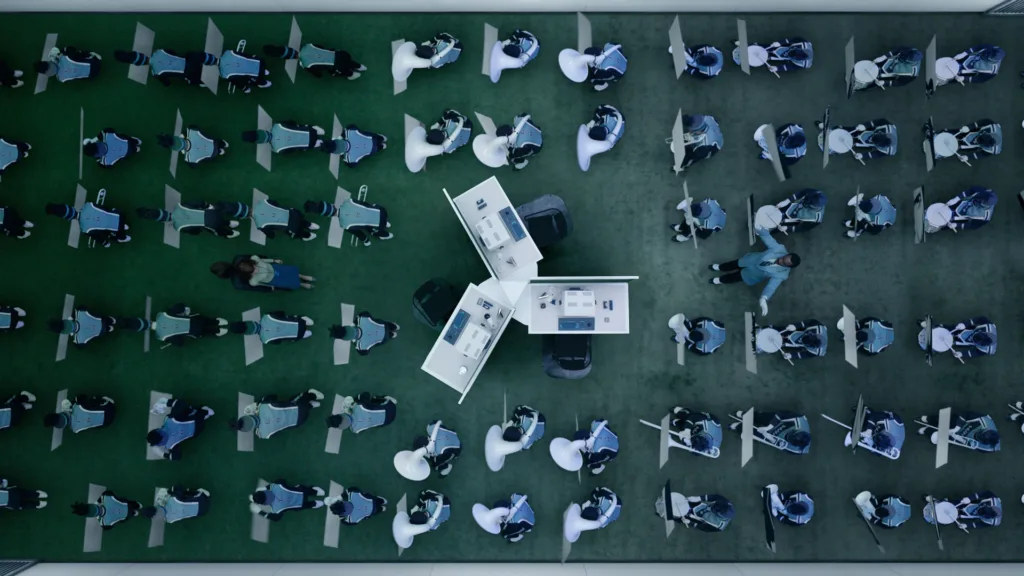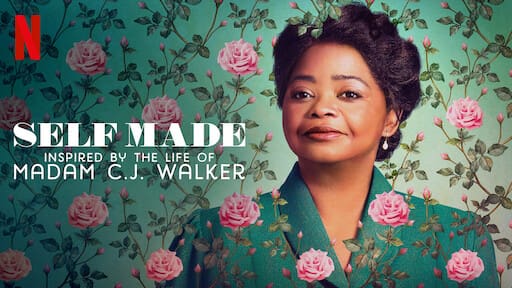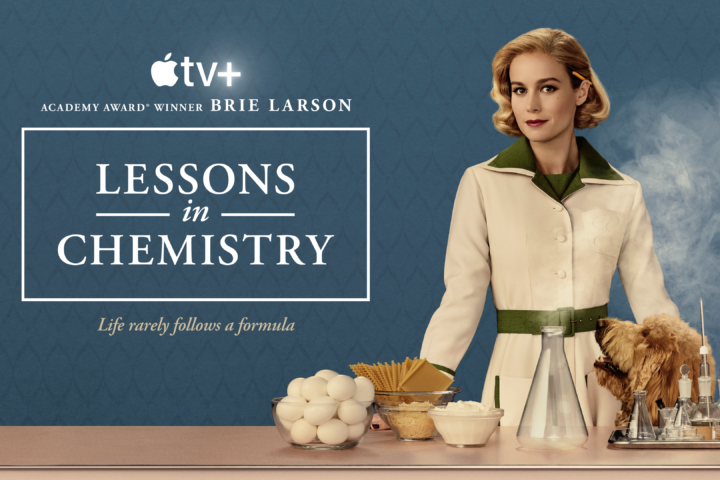Here’s a thought-provoking question for you: who are you at work, and who are you outside of it? Do your ‘innie’ (work personality) and ‘outie’ (personal self) like each other?
It’s a compelling way to think about the balance between our professional and personal lives and whether or not they align with who we truly are.
Today, let’s talk about Severance.

Apple TV+’s Severance presents a fascinating thought experiment: what if employees could completely separate their work identity from their personal lives?
In the series, workers undergo a procedure that surgically divides their memories, creating two distinct selves: one that exists at work and another that exists outside of it. While this scenario is fictional, it brings to light a very real psychological issue many people face: the disconnection between their career and personal identity. The show raises important questions about emotional well-being, the impact of work on identity, and the cost of completely separating work from personal life.
✿ Thank you for reading!
Subscribe to be our bestie, no spam—just good vibes once a month.
The psychological divide between work and self is not just fictional. Many people unknowingly experience a similar mental split:
- Feeling disconnected from work, treating it as a means to an end rather than a source of purpose.
- Compartmentalizing work stress from personal life can lead to burnout and emotional exhaustion.
- Struggling with career dissatisfaction but feeling stuck due to financial or social pressures.
This artificial divide can result in emotional distress, identity confusion, and a lack of motivation. Career counseling theories like Career Construction Theory (CCT) and Social Cognitive Career Theory (SCCT) highlight the importance of integrating work and personal identity to create a cohesive self-concept (Luke, 2018).

10 Reasons to Watch Severance and Explore Career, Identity, and Work-Life Separation
The Concept of Memory Manipulation
One of the most captivating aspects of Severance is the idea of surgically separating one’s memories of work and personal life. It explores a world where work is so demanding that your identity is divided into two distinct selves. It’s a thought-provoking premise that makes us question the limits of work-life balance.
Gripping Psychological Drama
The emotional and psychological drama in Severance is palpable. The characters are not only grappling with their divided selves but also with deeper existential crises, such as what it means to be truly “you” when you can’t even remember your own personal life.
Stunning Visuals and Cinematography
The show is not just a narrative experience, but it is a visual feast. The sleek, minimalist aesthetic of the workplace is unsettling and creates a world that feels cold, disconnected, and claustrophobic. These visual elements enhance the show’s psychological depth.
A Fascinating Study of Identity
Severance offers a fascinating examination of how work can shape and fragment our identity. The show forces us to ask: Who are we if we separate ourselves from our professional roles? How do we remain whole when we can no longer recall the parts of our lives that truly matter?
Compelling Performances by the Cast
The cast, led by Adam Scott, delivers powerful performances that bring the psychological complexities of their characters to life. Their ability to portray the internal struggle of these divided selves is a testament to the show’s emotional depth.
Career, Identity, and Psychological Insight
As someone training to become a therapist, Severance hit me on a personal level. It explores the idea of psychological fragmentation, something we see in therapy when clients are struggling to integrate their professional and personal identities. The show highlights how disconnecting the two can lead to emotional distress, burnout, and confusion.
The Question of Autonomy in Career Choices
The employees in Severance have no control over their career path, but this is a sharp contrast to how most people can make decisions in real life. The show critiques the loss of personal autonomy and the damaging effects of being trapped in roles that don’t align with one’s core values.
Impact of Workplace Culture on Mental Health
The series provides a chilling portrayal of a toxic work environment where the pressures of performance and compliance override personal well-being. It reminds us that a poor workplace culture can lead to severe mental health consequences, something that’s relevant in today’s corporate world.
Thought-Provoking Themes About Technology and Human Nature
Severance perfectly highlights the intersection of technology, autonomy, and human nature. It raises ethical questions about how far employers should go to control their workers and whether technological advances are ultimately disconnecting us from our true selves.
Notes from the Author
Watching Severance took me on a deeply personal journey. As I watched the characters struggle to balance their work identities with their personal lives, I couldn’t help but reflect on my own experiences. As a therapist in training, I am learning how compartmentalization can create emotional and psychological strain. The show’s portrayal of this concept, how work and personal identities can be forced apart, felt like a mirror to what I see in therapy when people experience this very disconnection in their own lives.
What I found most powerful is how Severance emphasizes the importance of integrating work with personal identity. As leaders and individuals, we need to find ways to keep our careers connected with our true selves rather than allowing them to be a source of fragmentation. The cost of severing that bond is high, and it’s something we must all be mindful of in our professional lives.
Clearly, Severance is a profound commentary on work, identity, and the emotional toll of disconnection. Its exploration of how work shapes our sense of self and the toll it takes when that bond is broken provides an essential reminder of why we must approach our careers with intentionality, adaptability, and self-awareness.
PRO Tip: Let’s take a moment to reflect. Think about who you are at work or who you are outside of work. Now, imagine if your “outie” (your personal self) and your “innie” (your work self) would like each other. Do they align, or are there significant differences? Consider how you would like to improve or change these two parts of your identity. This exercise is not about self-reflection. Actually, it’s a practice of awareness and cleansing. When you put your thoughts into writing, you help clarify your mind. Sometimes, by simply acknowledging these differences on paper, you may subconsciously start to make plans for change without even realizing it. This process allows you to identify areas for growth, to align your inner and outer selves, and ultimately, to make adjustments that lead to a more integrated and balanced identity. Try it and see what insights emerge for you.
References
Luke, C. (2018). Essentials of career-focused counseling: Integrating theory, practice, and neuroscience. Cognella Academic Publishing.
Severance, TV series. (2022). Ben Stiller Productions, Apple TV+.
✱ If you liked this article, please share it with a friend who could use inspiration.
If you have a topic in mind or a story to share anonymously or with your name, email us at team@she.work








